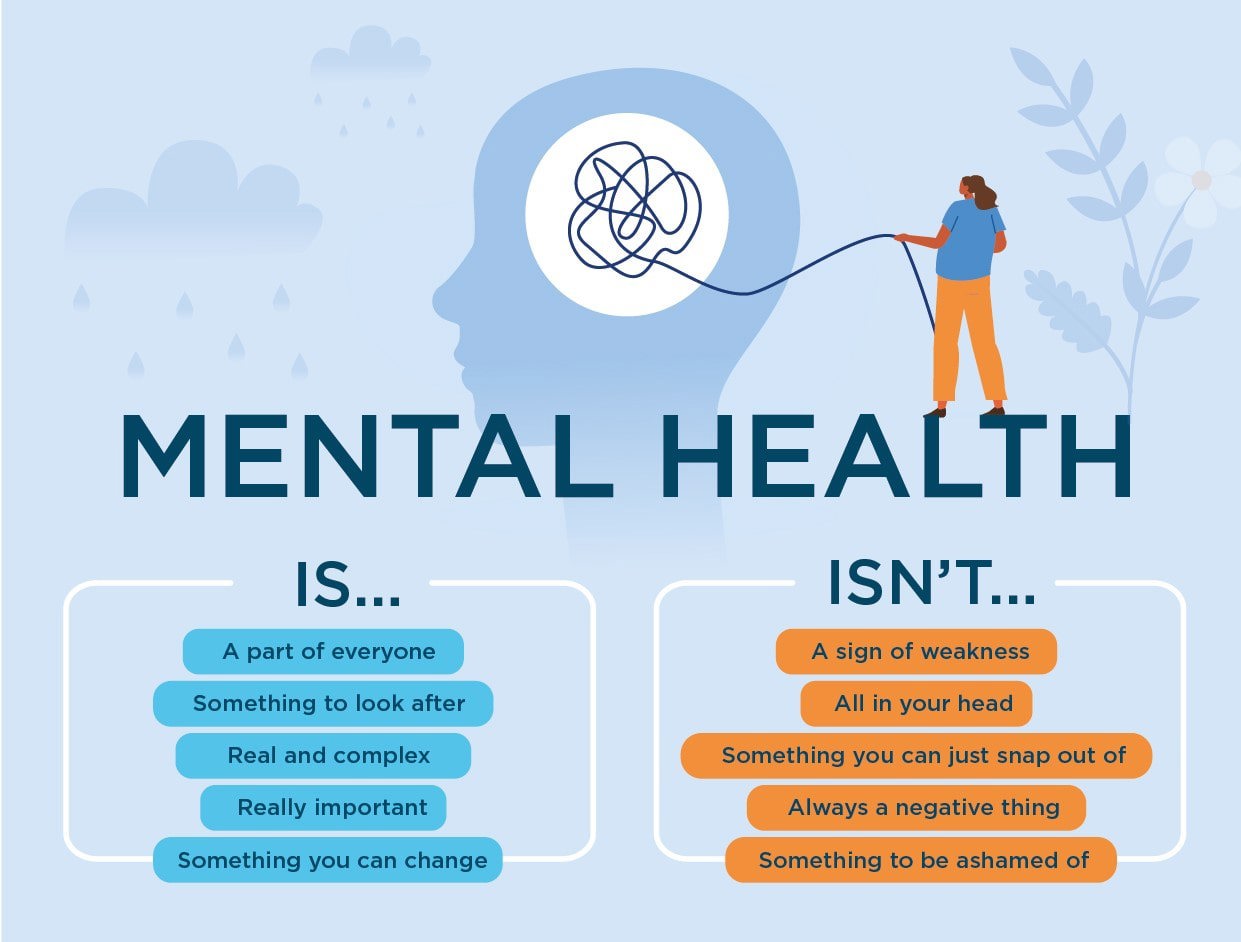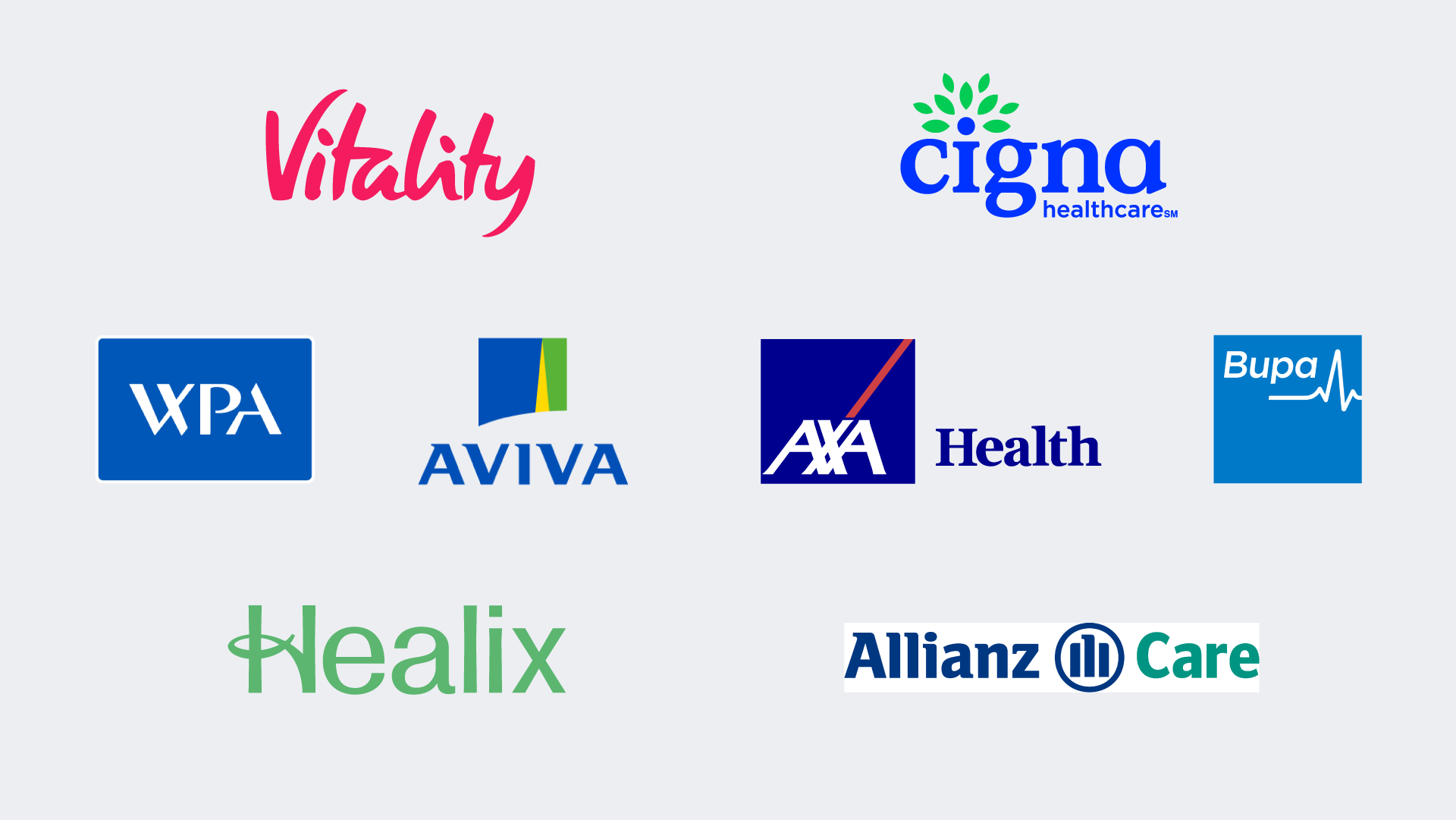Mental health help and treatment
Call 0330 056 6041 today to learn more about the exceptional mental health help that's available at Priory.
- Evidence-based treatment options
- Online and face-to-face treatment
- Highly qualified specialists
Mental health can negatively affect us all from time to time. However, the good news is that if you’re having difficulties, you don’t have to struggle alone. Today, effective treatment for mental health problems make recovery possible. At Priory, we provide specialist mental health treatment that can help put you on a path to a positive, fulfilling future.
This page outlines the most common treatments for mental health, how you might recognise you’re in need of support, and what to do next.
Mental health refers to our emotional, psychological and social wellbeing. The state of our mental health impacts the way we feel about ourselves and our lives, how we think and how we behave. It impacts:
It’s normal for all of us to have difficult emotions from time to time. For most people, these feelings are only temporary and won’t cause any long-term problems. However, for some people, these negative feelings can get worse over time and lead to them developing a mental health condition.
Struggling with your mental health doesn’t mean you’re weak and it’s not something that’s all in your head. If your mental health problems are persistent and ongoing, it’s a brave and important step to admit you need support. Statistics on mental health show that one in six people report experiencing symptoms of common mental health problems in any given week. It’s likely affecting more people around you than you realise.

Once a mental health professional, like a consultant psychiatrist, has assessed your symptoms and individual needs, they can work with you to establish what will be the most effective treatment for you.
Priory provides evidence-based mental health treatment, structured within National Institute for Health and Care Excellence (NICE) guidelines. We can help you to overcome the difficulties you’ve been experiencing and set you on a path to improve your wellbeing in the long term.
Our treatment programmes are delivered by a world class team of therapists, psychiatrists and psychologists at our network of UK hospital sites and wellbeing centres. Tailored to your needs, each programme can be scaled up or down depending on the level of support needed for your recovery.
Treatment programmes at Priory include:
For the most intensive treatment, you can stay at one of our mental health hospitals on a residential basis. Here, you can receive round-the-clock care, expert therapy, wellbeing activities and other effective treatment that puts the focus on your recovery.
In inpatient treatment, you’re able to recover away from the stresses of normal life and in an environment that’s specifically designed for recovery from mental health disorders.
This is when you attend a hospital site or wellbeing centre for a set number of days, half-days or hourly sessions, to receive mental health treatment and therapy. This type of treatment is flexible and allows you to work on your recovery around some of your other responsibilities at home and work.
Therapy gives you dedicated time and space to talk through the difficulties you’ve experienced in your life and your current struggles. With the help of a trained therapist, you can learn to process and deal with problems in your life, develop coping strategies to overcome stresses in the future, and develop a more healthy, sustainable mindset that delivers positive mental health.
There are many types of therapy. The one that’s right for you will depend on your condition and other individual circumstances. Common types of therapy used for mental health disorders include:
Therapy can come in one of a few formats. It can be done on a one-to-one basis, with your family and friends or as part of a group with other people who are in recovery.
A consultant psychiatrist may prescribe medication to help your recovery. Medication doesn’t offer a cure for any mental health disorder, but it can ease your symptoms and help you to fully focus on getting better. It’s often used to complement the therapeutic elements of your treatment.
As an example, antidepressant medication, like selective serotonin reuptake inhibitors (SSRIs), might be prescribed for people with depression or anxiety.
You might also engage in a range of wellness activities, helping you to stay healthy in mind, body and spirit. These include things like yoga, meditation, exercise classes and massage treatments.
If your struggles with mental health are persisting, it might be time to consider getting professional support. Here are some next steps.
Mental health disorders have their own set of unique symptoms, but if you’re experiencing some of the following, it could be a sign you need treatment:
If your symptoms are persisting, it’s really important to make steps to get treatment and start your journey to feeling better. This can start with an appointment with your GP. They can evaluate your symptoms, offer a potential diagnosis and outline which treatment might be best for you.
Alternatively, you can reach out to Priory for private mental health treatment. Our world class mental health teams can assess your symptoms and give a diagnosis. From there, we can outline a treatment plan that puts your wellbeing at the very centre.
Use the information below to get in touch with our team today for a compassionate discussion about the difficulties you’re experiencing and how Priory can help you.

All the services we offer at Priory can be funded through private medical insurance. This includes:
All clients will have access to our highly skilled and accredited clinicians, many of whom are published experts in the field of mental health and addiction treatment. Whatever your needs, we're committed to working with you to get your life back on track.
We have mental health treatment centres located throughout the country, ensuring that you can access the support you need in a location that's convenient for you. To find your nearest treatment centre, please use the search form below.